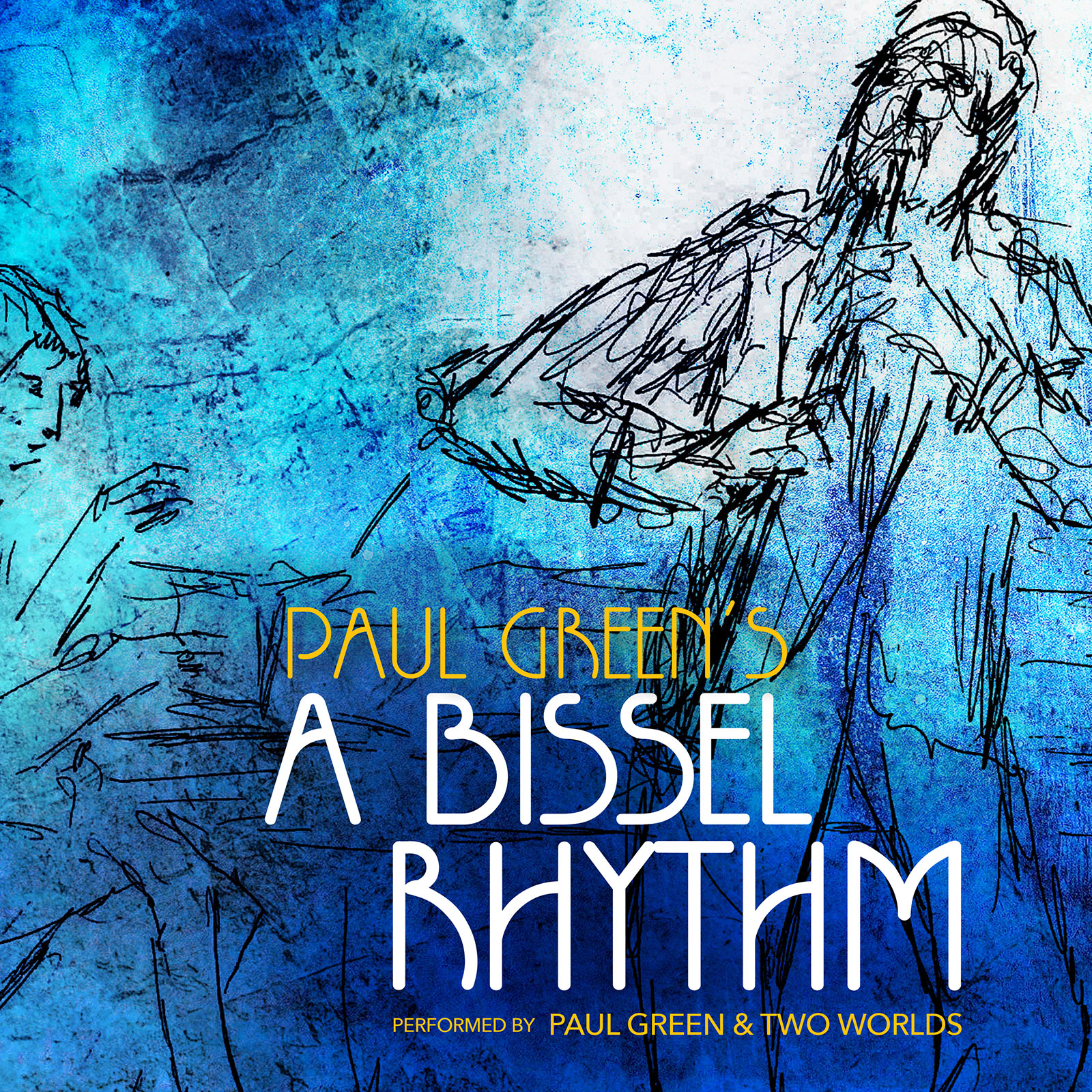
Share Album:
A Bissell Rhythm
Paul Green composer, clarinet
Two Worlds ensemble
A BISSEL RHYTHM is composer and clarinetist Paul Green’s PARMA Recordings debut, although it marks his second recorded exploration into the fusion between jazz and Jewish music. A performance at Merkin Concert Hall resulted in the New York Times extolling his talents: “Like a cobra intent on doing some charming of its own, the clarinetist Paul Green weaved, darted and hovered over his instrument…conjuring gorgeous sounds.”
Green opens the album with the title track, A Bissel Rhythm, a reworking of the George Gershwin standard, “I Got Rhythm.” Already interpreted by such astounding jazz players as Charlie Parker and Sonny Rollins, Green turns the song into a Jewish expression by using traditional Hebrew scales, placing it in a minor Jewish-sounding key, and giving it a joyful, freilach (merry) fast tempo. That same joyful feeling is expressed in My Own Freilach, which should be familiar to anyone who has ever attended a Jewish wedding or bar mitzvah. Here, it is performed at near breakneck speed, leaving it to the players to see who can maintain the pace, whether they’re playing the tune as written or improvising their own licks.
With Doina and Ramble, the composer reimagines the funeral traditions of New Orleans, by placing the Doina, a klezmer form, in the context of an imagined New Orleans funeral. In this tradition, the slow funeral song would be followed by a joyful performance, which Green depicts in his piece Ramble. The Jewish March hearkens back to the time when Jewish musicians in Russia were often prohibited from playing loud instruments. When those musicians arrived in America, they let loose with drums, wind, and brass instruments. The Jewish March is a recreation of an early 20th century piece, complete with drum rolls – courtesy of Peter Sweeney – and plenty of loud, exuberant playing. This energy and spirit permeates the album as a whole, making for an experience that is as impressive as it is enjoyable to hear.
Listen
Stream/Buy
Choose your platform
"The piano is a force to be reckoned with here"
Track Listing & Credits
| # | Title | Composer | Performer | |
|---|---|---|---|---|
| 01 | A Bissel Rhythm | Paul Green | Paul Green, clarinet; Charles Tokarz, tenor saxophone; Jason Ennis, guitar; Ben Kohn, piano; Daniel Broad, bass; Peter Sweeney, drum set | 6:20 |
| 02 | Zoey's Chosidl | Paul Green | Paul Green, clarinet; Charles Tokarz, tenor saxophone; Jason Ennis, guitar; Ben Kohn, piano; Daniel Broad, bass; Peter Sweeney, drum set | 5:58 |
| 03 | My Own Freilach | Paul Green | Paul Green, clarinet; Charles Tokarz, tenor saxophone; Jason Ennis, guitar; Ben Kohn, piano; Daniel Broad, bass; Peter Sweeney, drum set | 4:20 |
| 04 | Doina and Ramble | Paul Green | Paul Green, clarinet; Charles Tokarz, tenor saxophone; Jason Ennis, guitar; Ben Kohn, piano; Daniel Broad, bass; Peter Sweeney, drum set | 7:09 |
| 05 | Prelude to the Blues | Paul Green | Paul Green, clarinet; Charles Tokarz, tenor saxophone; Jason Ennis, guitar; Ben Kohn, piano; Daniel Broad, bass; Peter Sweeney, drum set | 7:44 |
| 06 | Joe's Hurra | Paul Green | Paul Green, clarinet; Charles Tokarz, tenor saxophone; Jason Ennis, guitar; Ben Kohn, piano; Daniel Broad, bass; Peter Sweeney, drum set | 4:24 |
| 07 | The Jewish March | Paul Green | Paul Green, clarinet; Charles Tokarz, tenor saxophone; Jason Ennis, guitar; Ben Kohn, piano; Daniel Broad, bass; Peter Sweeney, drum set | 4:34 |
| 08 | Lisa's Song | Paul Green | Paul Green, clarinet; Charles Tokarz, tenor saxophone; Jason Ennis, guitar; Ben Kohn, piano; Daniel Broad, bass; Peter Sweeney, drum set | 5:34 |
Recorded August 1, 2018 at NRS Recording Studio in Catskill NY
Recording Session Engineer Scott Petito
Recording Session Producer Paul Green
Editing and Mixing Scott Petito
Session Photography Alexandra Dewez
Cover Art Leona Green
Executive Producer Bob Lord
Executive A&R Sam Renshaw
A&R Danielle Lewis
Vice President, Audio Production Jeff LeRoy
Production Engineer Lucas Paquette
Mastering Shaun Michaud
Art Director Brett Picknell
Design Ryan Harrison, Edward A. Fleming
Publicity Patrick Niland
Artist Information
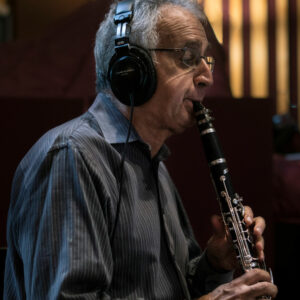
Paul Green
Clarinetist Paul Green began his musical studies at an early age, and by age 12 he was already studying with the noted clarinet pedagogue Leon Russianoff. A year later, he was recommended to Leonard Bernstein and performed and recorded Saint-Saens’ “Carnival of the Animals” in a Young People’s Concert with the New York Philharmonic. Invited by composer Gian-Carlo Menotti in 1965 to perform at the Festival of Two Worlds in Spoleto Italy, he performed with such artists as Jacqueline DuPre, Richard Goode, and Charles Wadsworth.
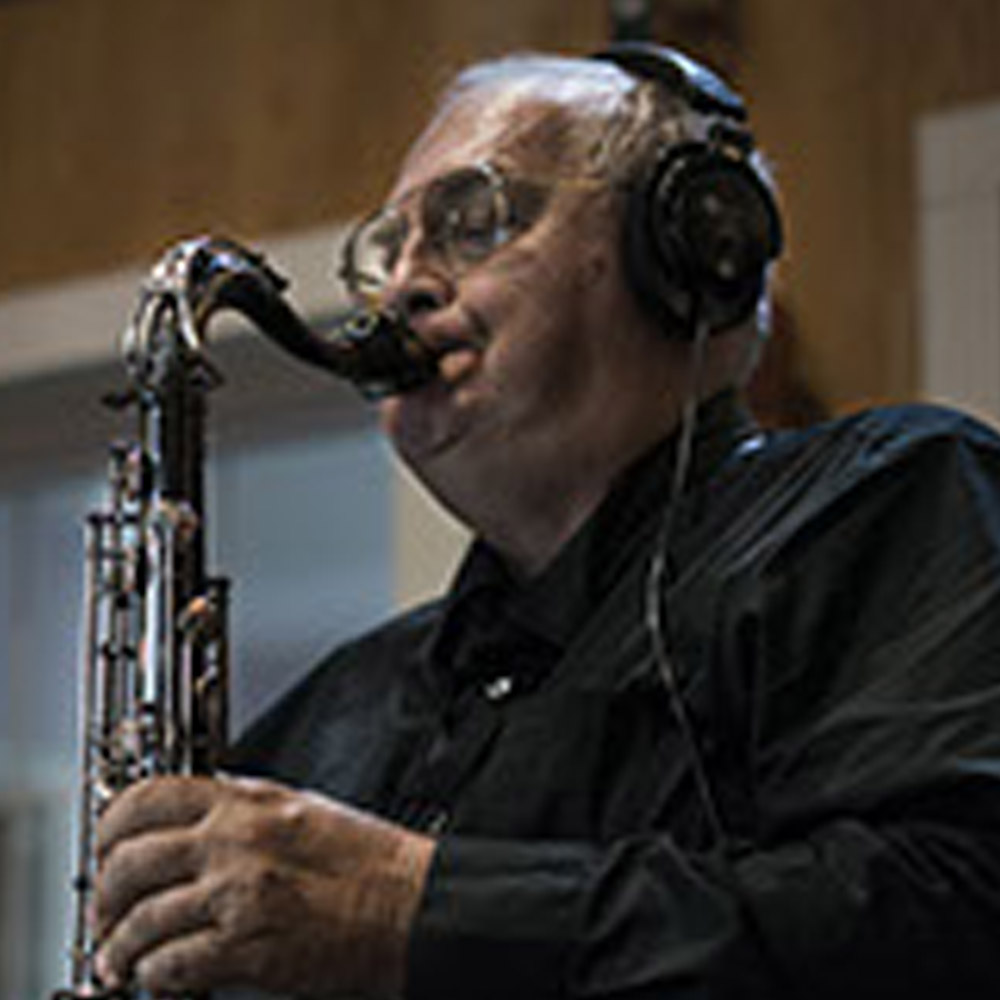
Charlie Tokarz
Charlie Tokarz plays saxophone, flute, and clarinet. He has played on many projects by documentary filmmaker John Pritchard and VYZ, as well as playing for silent films with Donald Sosin at the Museum of the Moving Image and MASS MoCA. He is a pit band member for musicals for summer theatre and various schools. He has performed in concerts for the American Tap Dance Foundation, world music with Nana Simopoulos and Wah!, in addition to klezmer with The Knaydels and Paul Green. As a member of the horn section, he has performed with The Four Tops, The Temptations, and The Last Waltz. He teaches primarily at the Hotchkiss School.
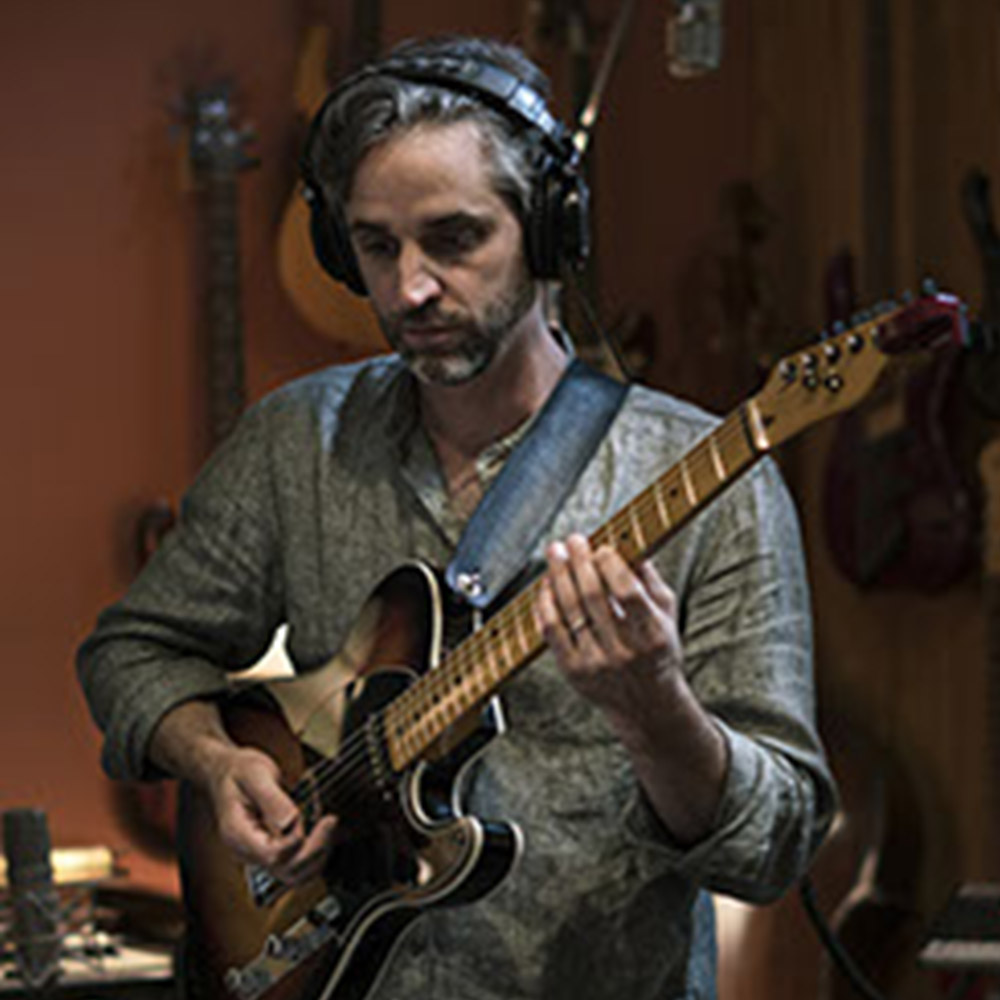
Jason Ennis
Guitarist Jason Ennis is an exciting voice in the world of jazz guitar. His unique sound, deep groove, and sensitive feel, along with a diverse background in jazz, blues, Brazilian music, and classical music, have made him highly in demand as a soloist, sideman, bandleader, and musical director. A graduate of Middlebury College (BA in music), Jason attended Berklee College of Music (Boston) and The San Francisco Conservatory of Music.
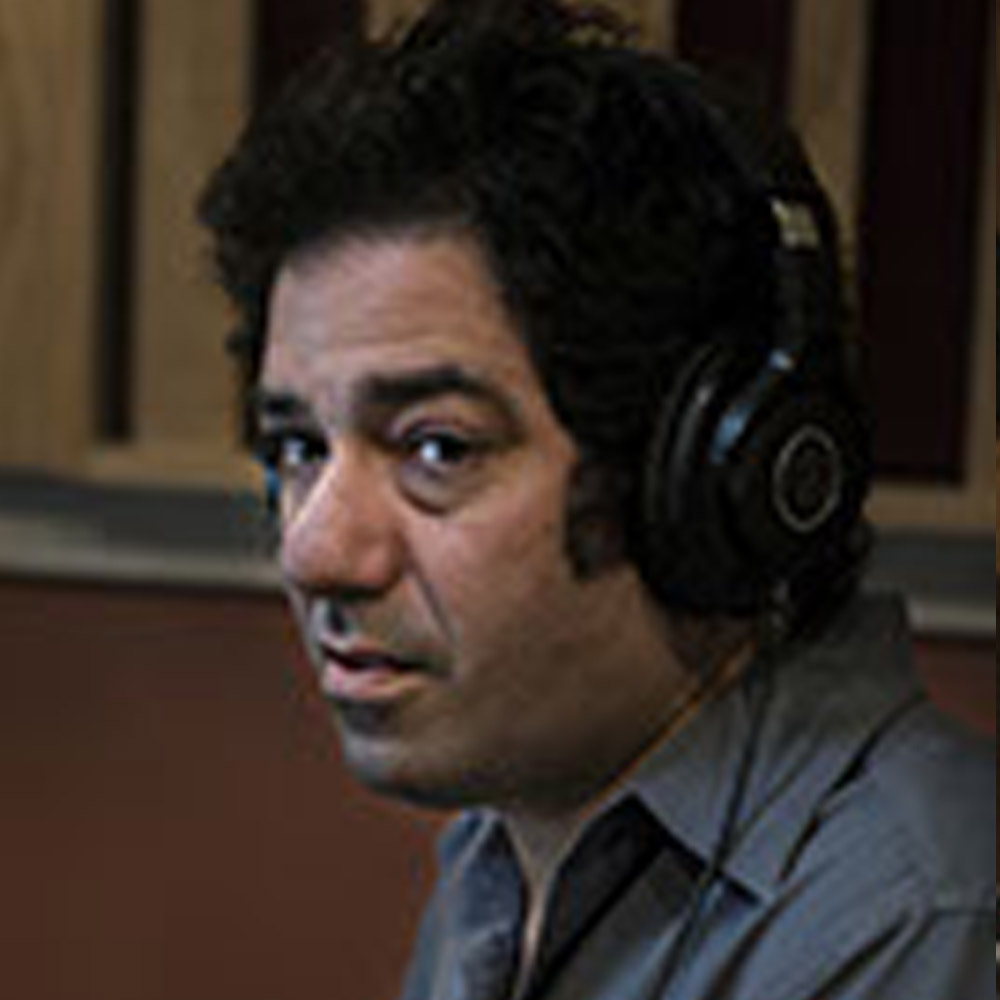
Ben Kohn
Ben Kohn is a native of the Berkshires, and is largely a self-taught musician. He plays an eclectic range of styles including jazz (with many different groups including the Berkshire Jazz Collective and his own jazz small groups), funk (The Rejuvenators), blues (Misty Blues), rock (Rev Tor Band), samba (Bossa Triba) and other fusion groups, including “Two Worlds.” Kohn also composes original music and lyrics, as represented on his solo album Fingers First.
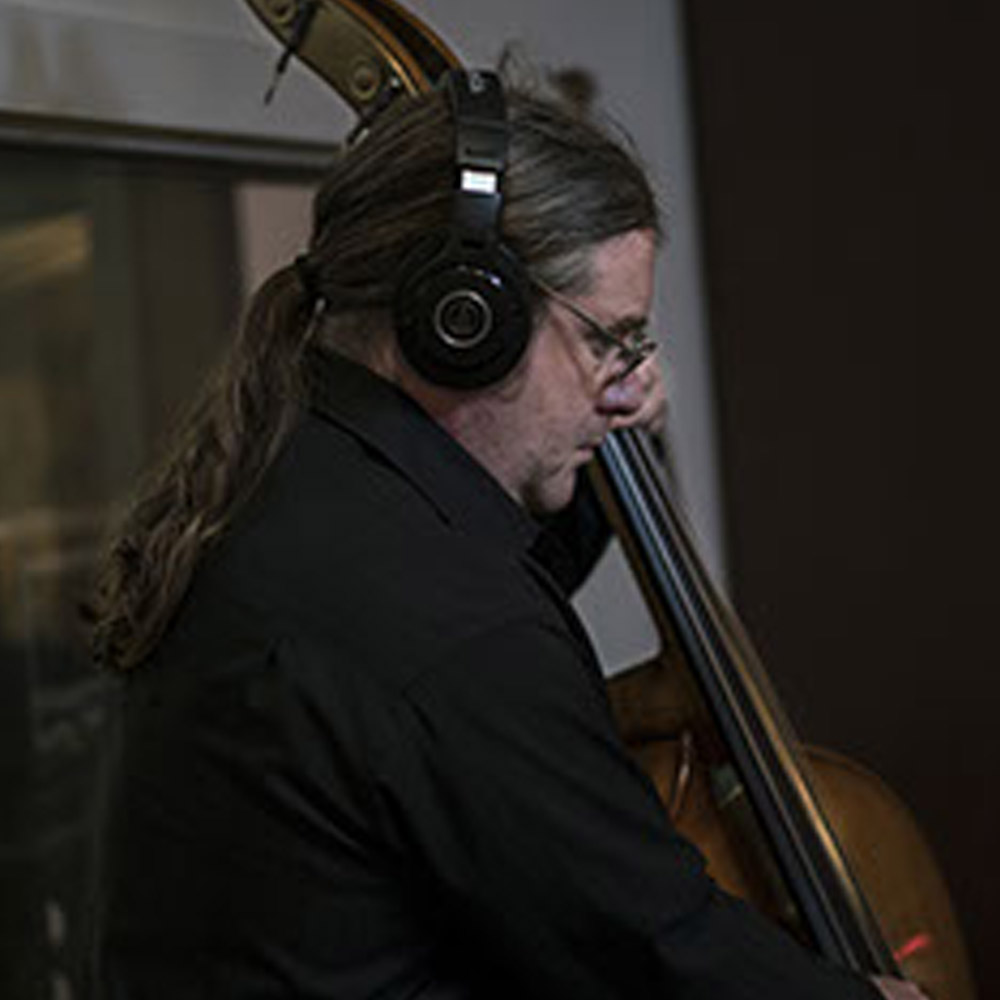
Daniel Broad
Daniel Broad has been one of the most sought after bassists in New England for over 20 years. He has performed in nearly every state in the United States and several European countries. Splitting his time between string bass and bass guitar, he has toured extensively with legendary groups such as The Platters, The Drifters, The Albert Cummings Band, The Charles Neville Band, and many others. Broad not only maintains a busy performance schedule, but also teaches aspiring bass players of all ages. He is well-versed in many musical genres, holds a degree in string bass studies from the University of Massachusetts Amherst, and has studied with Alice Spatz, Salvatore Macchia, and Mark Dresser. Broad currently works as a freelance bassist, instructor, and luthier. He resides in Cheshire MA.
Notes
This music is a sequel to my earlier album Music Coming Together, also performed by “Two Worlds.” For that album, I attempted to connect two parts of my musical soul: Jewish music and jazz. I took Jewish tunes and added jazz elements to them, but also took jazz tunes and incorporated Jewish structures. I was trying to find a fusion between the two genres. It was rewarding to see how much expression was shared between the two styles. In this album I’m going much further. The tunes are my own original compositions, and my hope is that the fusion occurs naturally within each piece. Jazz and Jewish music are always different, but hopefully I have created an organic whole where each flows into and enhances the other.
– Paul Green
